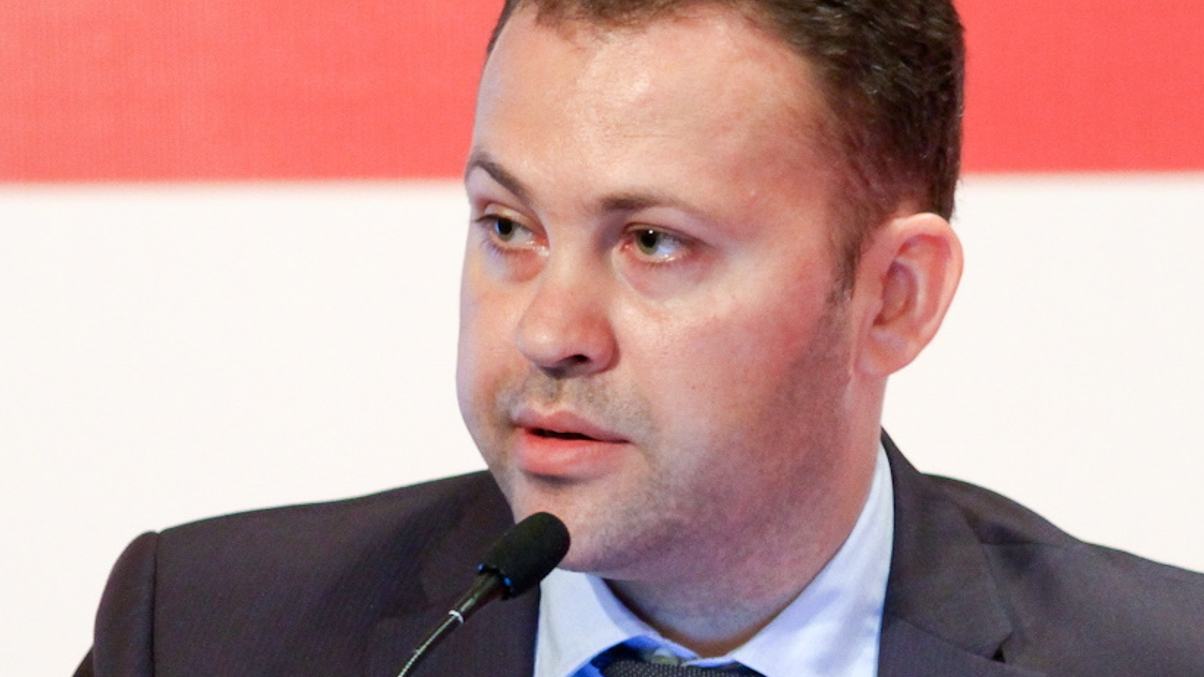Investment ideas for a normal country: Russia
Russia investments are becoming more stable and of higher quality, but beyond oil and gas, the question is often to what extent the exposure is actually to China.

Sergio Men, managing partner at Eurasia Capital Partners, says investors enjoy plenty of freedom in Russia – but they always need to be aware of what other stakeholders want.
Sign in to read on!
Registered users get 2 free articles in 30 days.
Subscribers have full unlimited access to AsianInvestor
Not signed up? New users get 2 free articles per month, plus a 7-day unlimited free trial.
¬ Haymarket Media Limited. All rights reserved.


